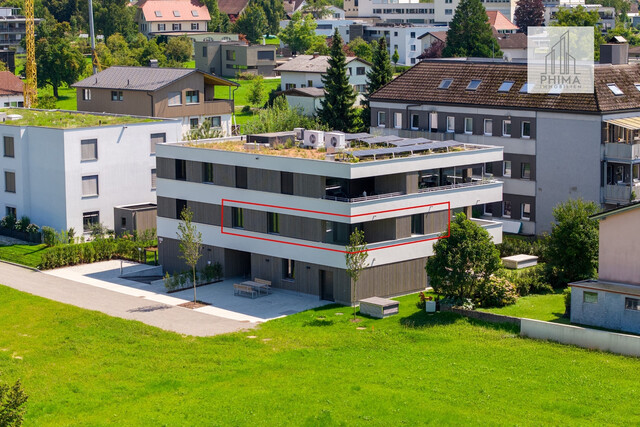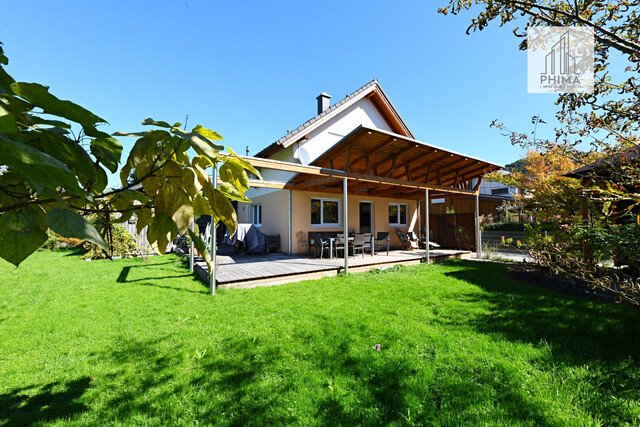Employment of Older Workers: Call for Bonus/Malus System
In view of the demographic development and the increasing retirement age, the Chamber of Labor (AK) and the Austrian Trade Union Federation (ÖGB) are demanding a package of measures to ensure that people over 60 remain employed longer. A central element is a bonus/malus system that is intended to reward companies for employing older people and penalize them for refusal.
Share of total workforce at five percent
"30 percent of medium and larger companies with at least 20 employees, which is 7,400 companies, do not employ a single older person, neither man nor woman over 60," said Wolfgang Panhölzl, head of the social insurance department at the AK Vienna, on Friday at a press conference in Vienna. According to AK and ÖGB, the share of 60- to 64-year-olds in the total workforce is currently only around five percent - with massive differences between industries and companies. "The challenge is to bring 100,000 employees in the 60- to 64-year-old age group - which is about 700,000 people in the population - into employment in the coming years," said Panhölzl.
While in the construction or hospitality industry, hundreds of companies do not employ a single person over 60, there are also companies that employ an above-average number of older people. According to Panhölzl, this unequal distribution shows that structural measures are necessary to better utilize the existing potential.
Majority of 60- to 64-year-olds not employed
The average retirement age has increased from 58.5 to 62.4 years for men and from 56.8 to 60.4 for women since 2000. According to AK, in 2024, only 22.8 percent of women in the 60- to 64-year-old age group were employed (76,000 out of 340,000) and 45.6 percent of men (around 150,000 out of 330,000). By 2030, according to the government program, an additional 100,000 people in this age group are to be employed, which would correspond to a doubling of the older employment rate. However, this goal is far from being achieved.
The desired equalization of the retirement age means that women will have to work longer in the future. However, age-appropriate workplaces are needed for this, emphasized ÖGB Federal Managing Director Helene Schuberth. In many industries, there are hardly any opportunities to switch from heavy to lighter activities.
Not only bonus/malus system demanded
AK and ÖGB therefore demand, in addition to the bonus/malus system, among other things, a transparent monitoring of the older employee quotas, targeted subsidies instead of flat-rate contribution reliefs for companies, as well as legally anchored measures for the prevention of work-related illnesses. Companies that employ older workers should benefit financially - the others should be made to pay.
Furthermore, the employee representatives demand, among other things, an improvement in rehabilitation and prevention services, enforceable company agreements for the implementation of age-appropriate work, as well as measures for workplace health promotion, binding limits for moving heavy loads, and more qualification measures for the unemployed.
Greens pleased - harsh criticism from ÖVP and NEOS representatives
Support for the AK/ÖGB initiative came from the opposition party Greens. Their labor and social spokesperson Markus Koza referred to a corresponding motion by his party "in the last National Council session to develop a bonus-malus system for the employment of older workers." However, this was "unfortunately" rejected by the governing parties.
In contrast, representatives of the coalition parties NEOS and ÖVP criticized the initiative of the employee social partners close to the Social Democrats. The Secretary General of the Chamber of Commerce (WKÖ), Jochen Danninger (ÖVP), pointed to a support system for healthy and longer working, which is already anchored in the government program. "There is nothing to read about a bonus-malus system there." He also sees additional effort for companies in the "ideologically motivated punishment model." "Such a bureaucratic system is not only unnecessary but also harmful." To support older unemployed people, AMS instruments such as the integration allowance should be expanded. Johannes Gasser, NEOS spokesperson for labor and social affairs: "It is the wrong approach to invent new penalties for companies in an already economically difficult situation." There needs to be "incentives for both sides."
Criticism from the economy
Just on Thursday, UNIQA CEO Andreas Brandstetter appealed to the social partners and political parties to seriously address the issue of longer working. It is urgently necessary to step out of the shadows and do things differently than before. An automatism, adjusted to the increasing life expectancy as in Denmark, is certainly appropriate. "The expenses for pensions weigh heavily on this country." The facts are overwhelming, and companies must also be ready and involved so that people can work longer and healthier.
(APA/Red)
This article has been automatically translated, read the original article here.
Du hast einen Hinweis für uns? Oder einen Insider-Tipp, was bei dir in der Gegend gerade passiert? Dann melde dich bei uns, damit wir darüber berichten können.
Wir gehen allen Hinweisen nach, die wir erhalten. Und damit wir schon einen Vorgeschmack und einen guten Überblick bekommen, freuen wir uns über Fotos, Videos oder Texte. Einfach das Formular unten ausfüllen und schon landet dein Tipp bei uns in der Redaktion.
Alternativ kannst du uns direkt über WhatsApp kontaktieren: Zum WhatsApp Chat
Herzlichen Dank für deine Zusendung.








